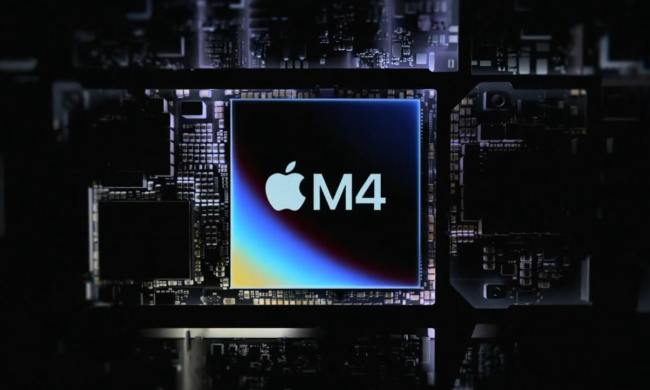
The U.S. Supreme Court has refused to consider Tiffany & Co.’s appeal to hold eBay accountable under trademark law for counterfeit merchandise bearing the jeweler’s name on the auction Web site. The decision followed eBay’s 2008 New York court victory over Tiffany, in which a judge found that eBay could not be responsible for fake goods sold via its service. The judge ruled that procedures and reporting systems eBay has in place were sufficient for manufacturers and trademark holders to protect their brands.
Back in September, a federal trial judge dismissed a false advertising claim brought against eBay by Tiffany as part of the same lawsuit.
Tiffany is the second-largest luxury jewelry retailer, and had argued that eBay operated with full knowledge that Tiffany knock-offers are being sold via the auction site and, through commissions, was profiting off the sale of the counterfeit goods. For its part, eBay maintained that it has deployed extensive anti-fraud systems and invests over $20 million a year in programs designed to remote bogus merchandise from the site and enable brand owners to report problems.
eBay has also won similar cases brought by L’Oreal and Rolex, although in 2008 a French court ordered eBay to pay over $60 million to LVMH (Moet Hennessy Louis Vuitton) over counterfeit sales.


